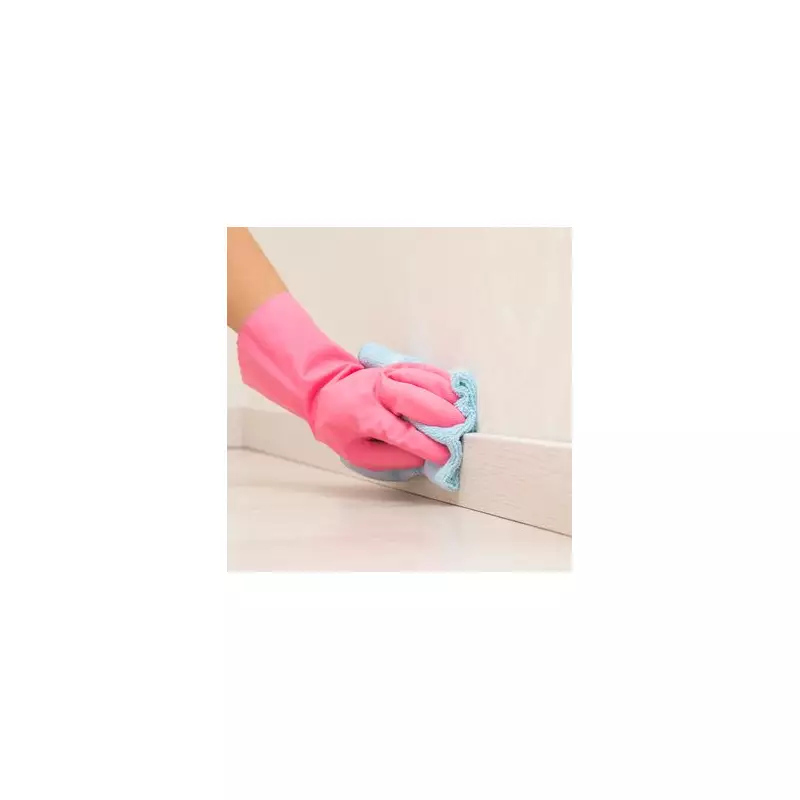
For years, we've been told that a spotless home is the hallmark of good health. But what if we've been getting it all wrong? Experts are now suggesting that our obsession with cleanliness might actually be doing more harm than good.
The Hygiene Hypothesis Explained
Scientists are increasingly supporting the 'hygiene hypothesis' - the idea that our ultra-clean modern environments might be contributing to the rise in allergies and autoimmune diseases. By eliminating all bacteria, we're depriving our immune systems of the training they need to function properly.
What the Research Shows
Recent studies have found:
- Children raised on farms with regular exposure to microbes have lower allergy rates
- Overuse of antibacterial products may create resistant superbugs
- Some household bacteria actually help train our immune systems
The Right Cleaning Balance
This doesn't mean you should stop cleaning altogether. Experts recommend:
- Focus on high-risk areas like kitchens and bathrooms
- Use milder cleaning products where possible
- Allow some 'good' bacteria to remain on surfaces
- Don't overuse antibacterial sprays and wipes
What This Means for UK Households
With Brits spending an average of 6 hours per week cleaning their homes, these findings could revolutionise how we approach household hygiene. The key isn't sterility, but creating a balanced microbial environment that supports our health.





